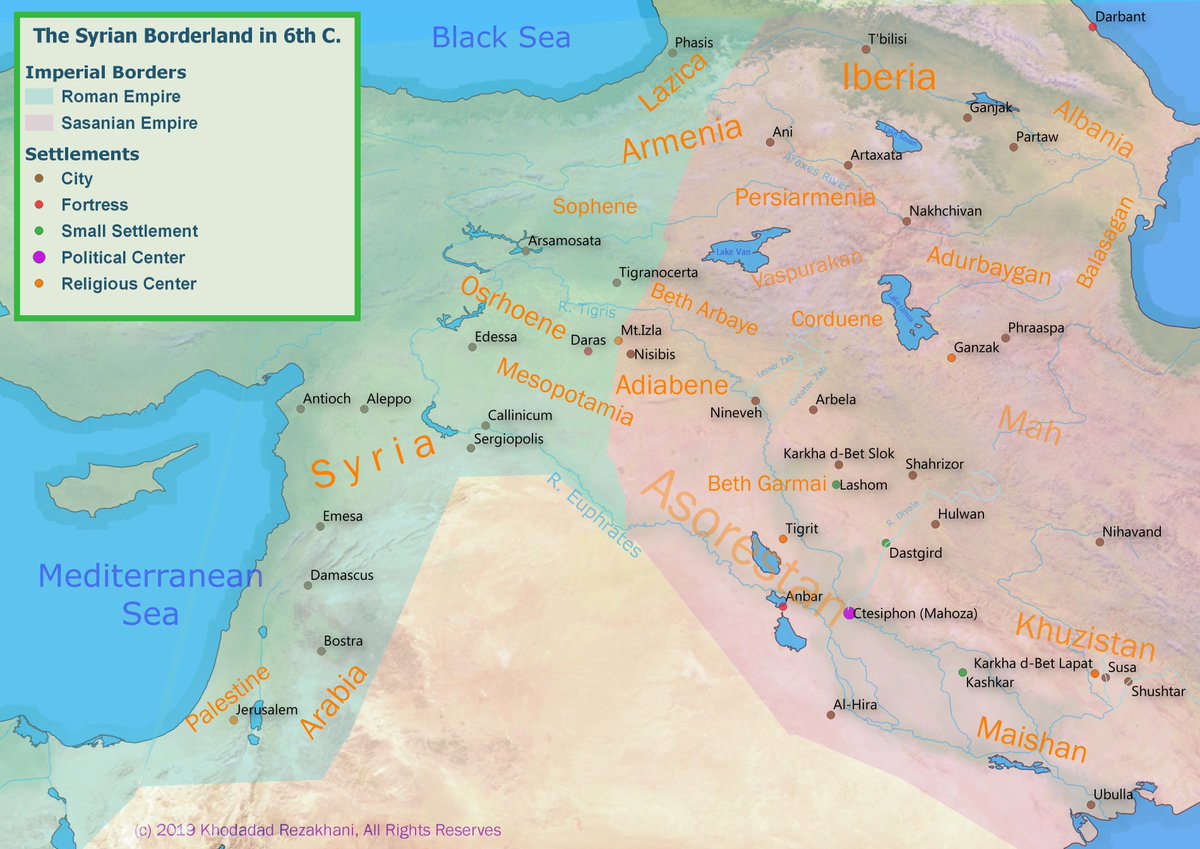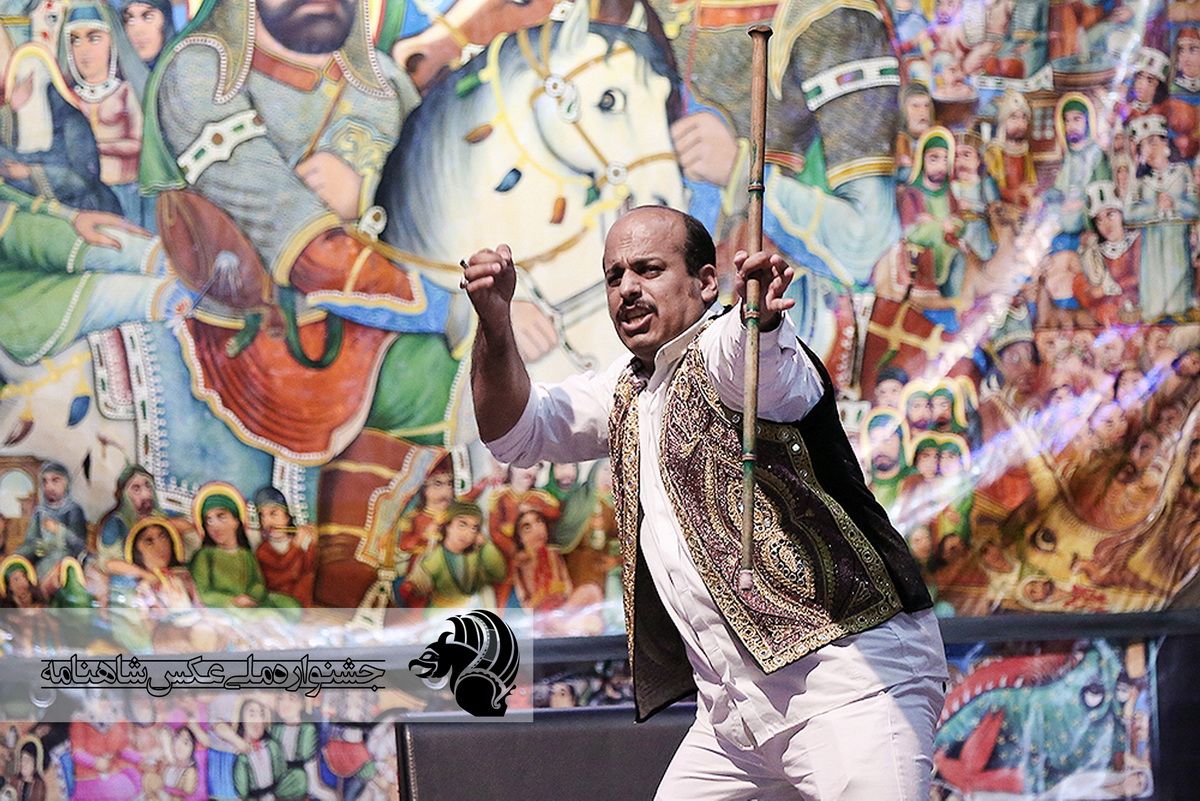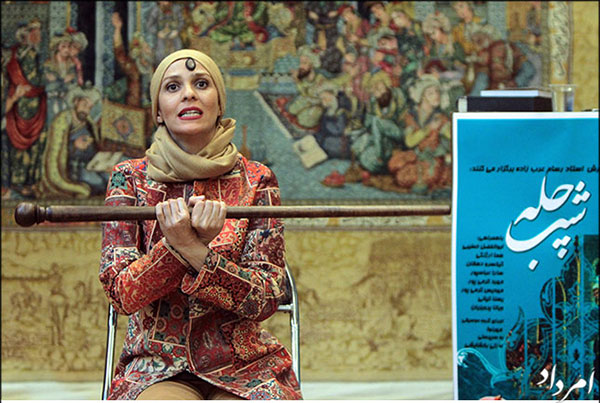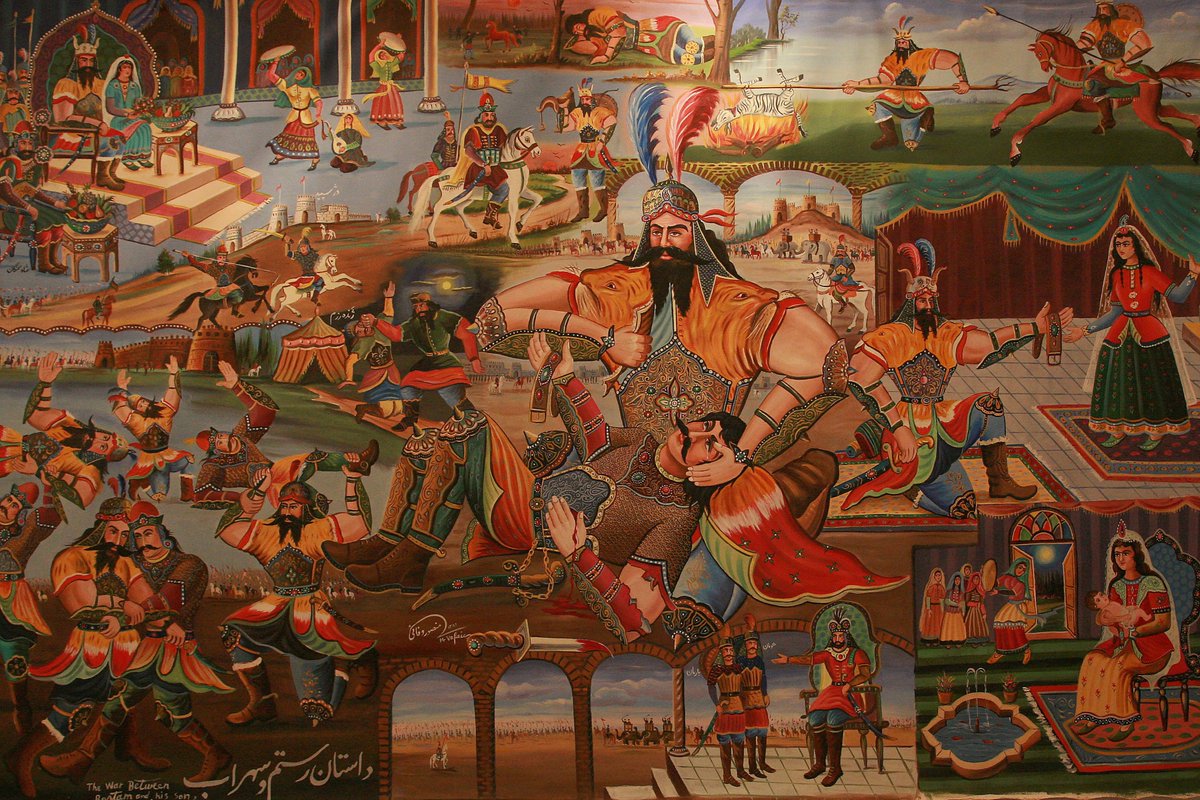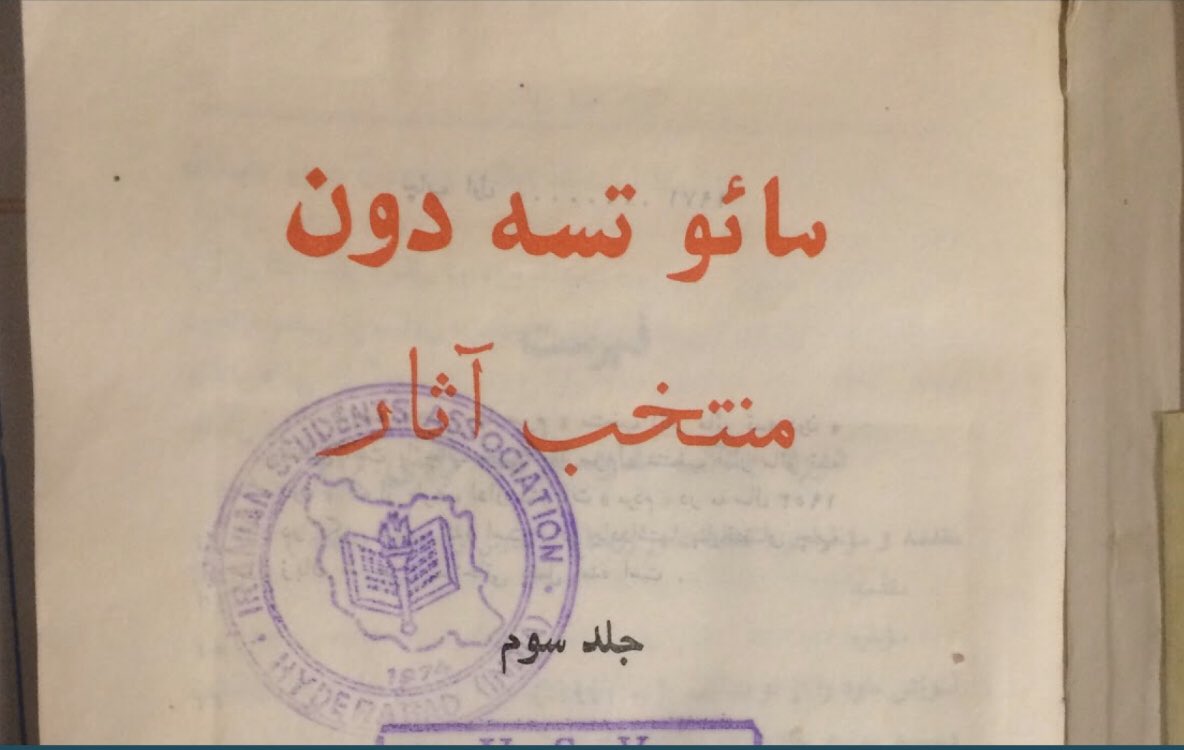It took nearly 8 years for Ahmad’s mom to get her pooshesh right. Bounding across the pages of the 1987 Farsi primer, their destination the 1st day of 2nd grade, mother & son represented the severity of virtue, of proper Islam, Islam as it was meant to be according to the IRI
1/
1/

@Swarthy_Bastard Draped entirely in formless black, the mother embodied what we’ve come to expect from a postrevolutionary curriculum purportedly devoted to the inculcation of political Islam, her piety and devotion matched by the Second Grade textbook's back cover.
2/SM
2/SM

@Swarthy_Bastard Young girls in full-length chadors, marching alongside defiant boys, fists raised beneath the accompanying text: "We with faith in God, with purity and good works...with hard work, sacrifice, and thrift, do defend independence, freedom, and the Islamic Republic."
3/SM
3/SM

@Swarthy_Bastard Except this account of Islam, its official version, was only the latest version. In the space of the previous 8 years ('79-'87) the lesson featured mother & son, the same mother wearing a pink hejab, an unadorned blouse and skirt, and what appear to be sensible shoes.
4/SM
4/SM
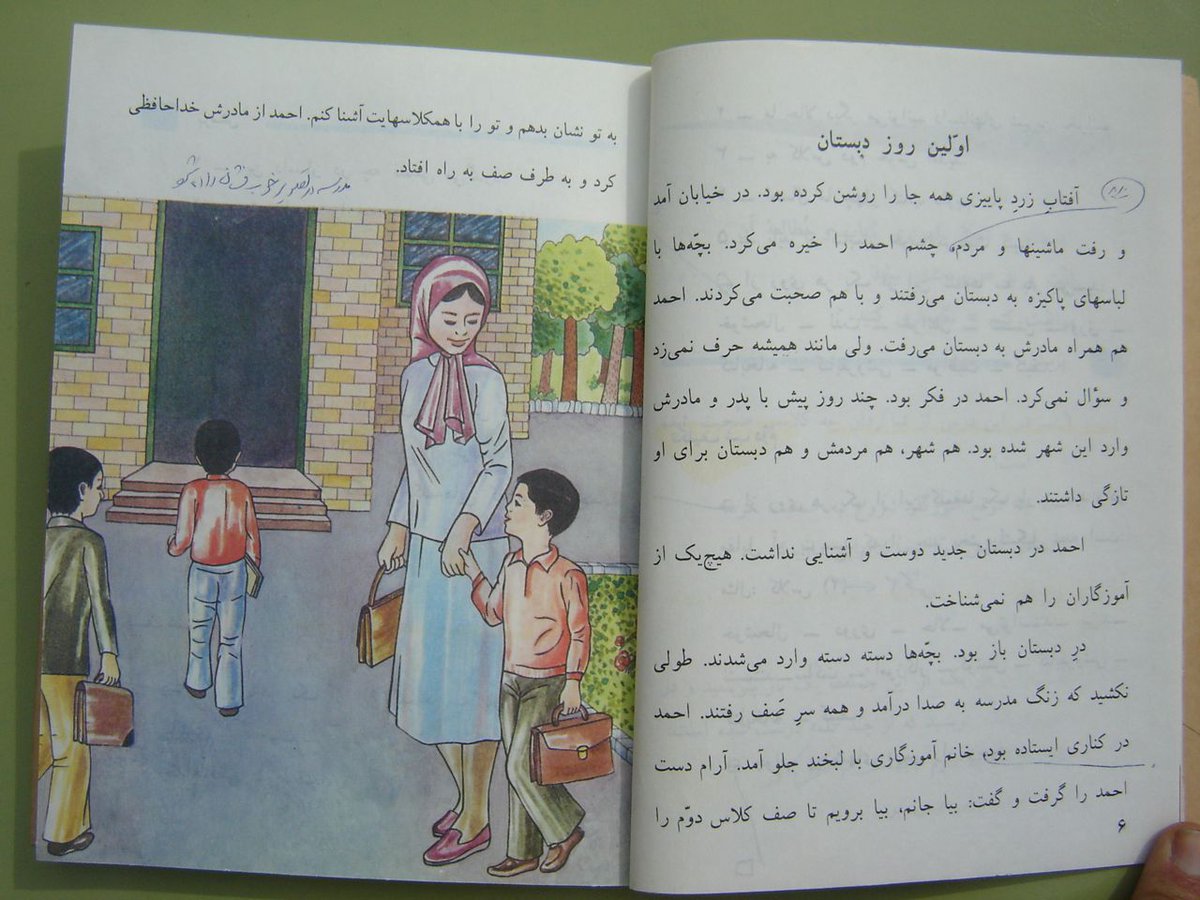
@Swarthy_Bastard And in those same 8 years, the back cover of the primer was, well, blank. And in less than 8 years the cover would take on an altogether different project...
5/SM
5/SM
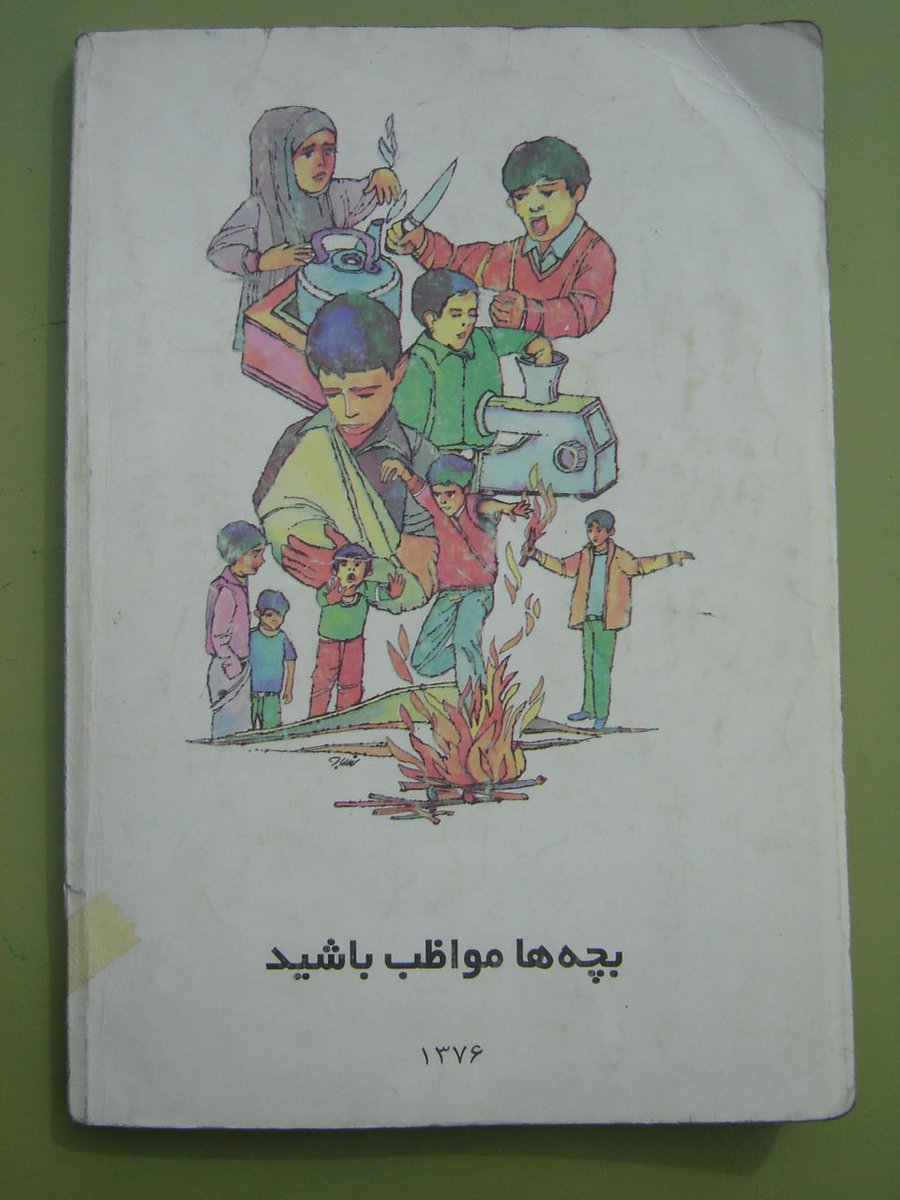
@Swarthy_Bastard "Children, be careful" and above all, watch out for that meat grinder!
6/SM
#IslamicPSA #ARevolutionInSafetyValues
6/SM
#IslamicPSA #ARevolutionInSafetyValues

@Swarthy_Bastard These brief, almost comical, examples speak to the instability of texts and the contested nature of schooling in #Iran. Scholars have tended to treat the changes made to Iranian schoolbooks in the aftermath of the 1979 Revolution as complete, coherent, and final.
7/SM
7/SM

@Swarthy_Bastard I’ll argue that very nearly the opposite is true, that when we speak of fundamental change in Iran, we must do so as a perduring process, never-ending.
8/SM

8/SM
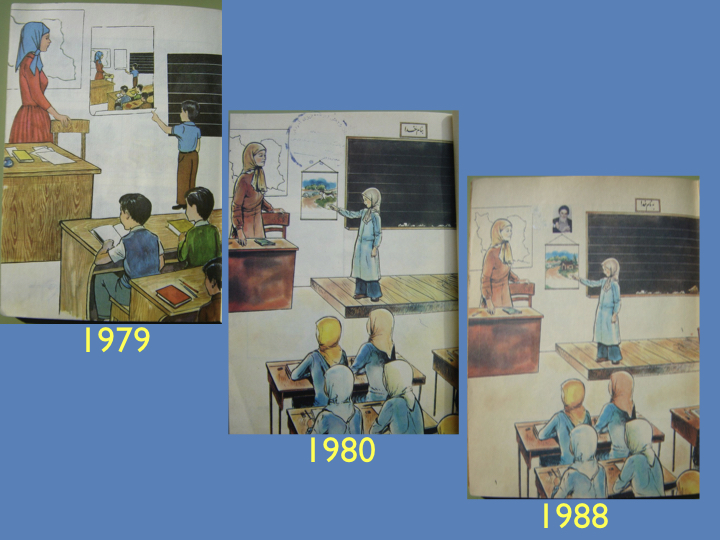
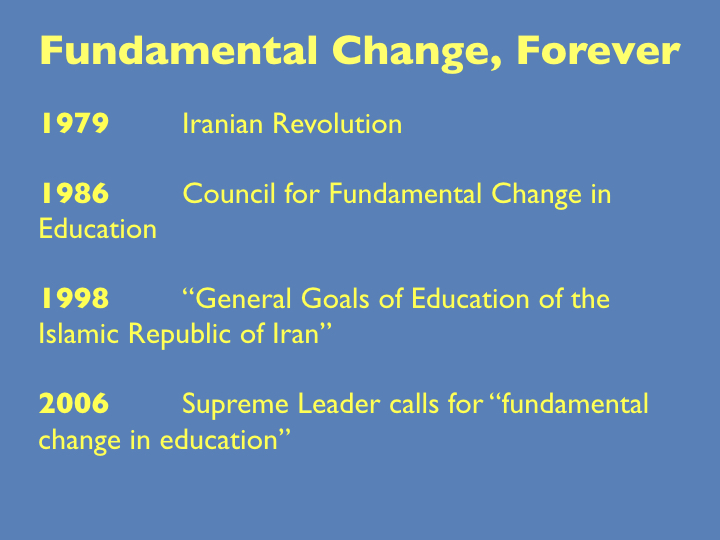
@Swarthy_Bastard Constant changes to the curriculum foment greater instability as successive ed ministers come into office w/ an agenda to implement fundamental change, to “finally get schooling right,” only to be removed from office, accused of either rank partisanship or incompetence.
9/SM
9/SM

@Swarthy_Bastard The benefits of taking a historical approach to the development of schooling in postrevolutionary Iran, even when said approach is in the hands of a political scientist (ahem), are at least two-fold.
10/SM
10/SM

@Swarthy_Bastard The first is as a corrective to the unbearably flat and binary analyses of the purpose and effect of schooling, not only in Iran but in other openly ideological states, countries that have what might be described as an “unhidden curriculum.”
11/SM

11/SM


@Swarthy_Bastard Fitting that my predecessor here, the amazing @razaraz, presented a master course in the stubbornness of tropes re: Iran. I can think of no other area in Iran studies where tropes not only persist, they thrive. Ed either succeeds (brainwashes) or fails (youth rebellion!).
12/M
12/M
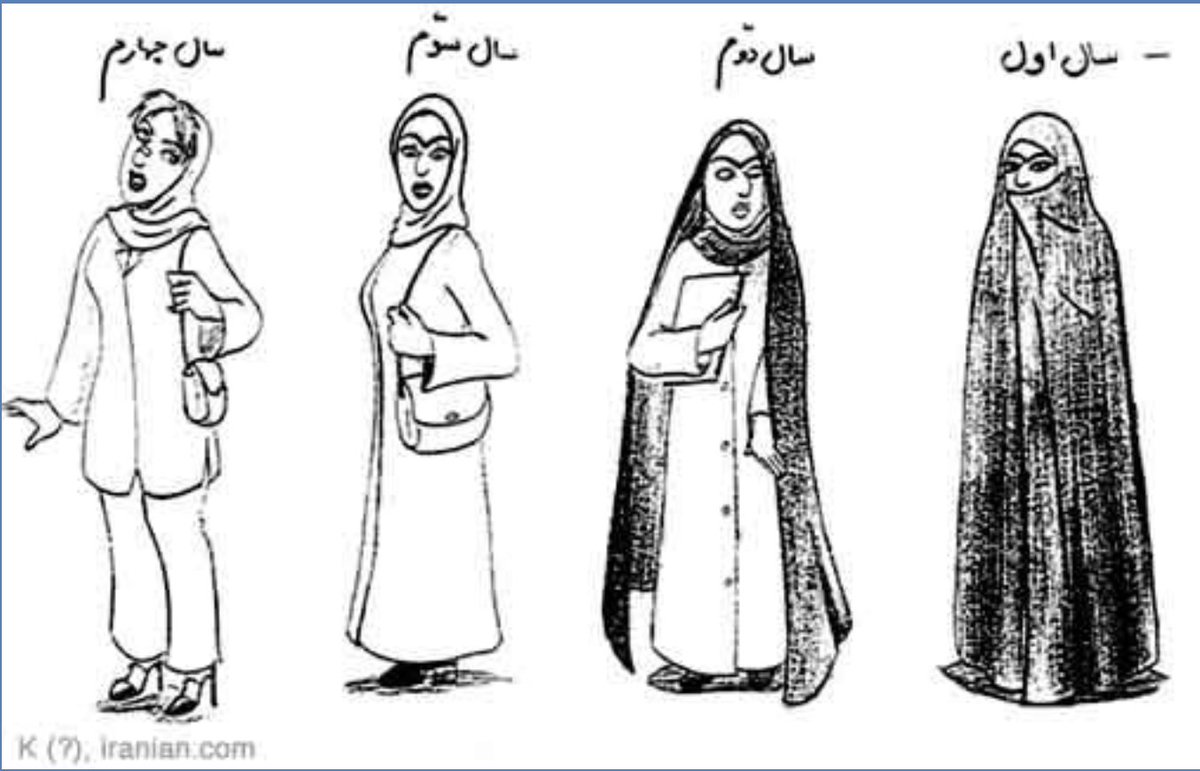
@Swarthy_Bastard @razaraz (Ok, there is *that other* thing, that's worse)
https://twitter.com/Swarthy_Bastard/status/1087231077842710528
@Swarthy_Bastard @razaraz Rather than measuring the success/failure of inculcation, textbooks might be a better instrument/mirror for understanding how the IRI sorts out its own business, what Chatterjee defines as the (supposedly coherent) "inner domain," i.e., what it means to be Islamic-Iranian.
13/SM

13/SM


@Swarthy_Bastard @razaraz Secondly, more broadly, Iran reminds us that hegemonic projects exist not as implacable, top down projects steamrolling society, but as fractured, incoherent, ad hoc endeavors, the assembly of authority being a deeply contested and unending process.
14/SM

14/SM
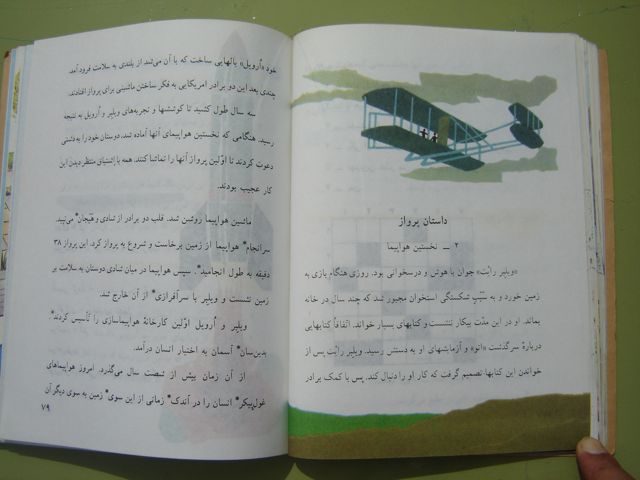

@Swarthy_Bastard @razaraz To that end, here's a preview of this week's topics:
-Ruptures in political Islam within the curriculum (Chatting with Chatterjee)
-Continuities in Iranianess/Nowruz (It's the nationalism, not the theocracy!)
-The figure of the forlorn Arab as nationalist trope
15/SM
-Ruptures in political Islam within the curriculum (Chatting with Chatterjee)
-Continuities in Iranianess/Nowruz (It's the nationalism, not the theocracy!)
-The figure of the forlorn Arab as nationalist trope
15/SM
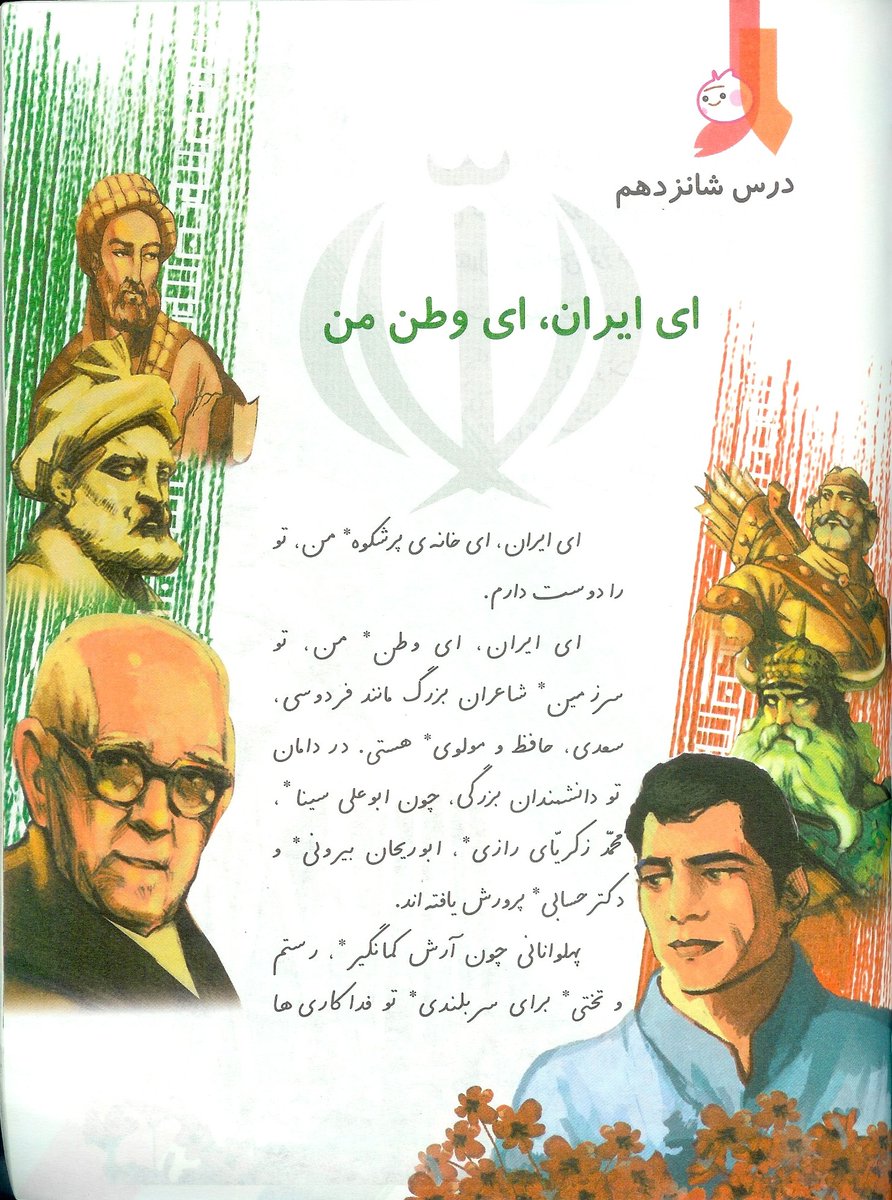
@Swarthy_Bastard @razaraz -Importing foreign knowledge, preserving authentic selves (the "modernization dilemma")
-Democracy, religious or otherwise
16/Fin
#HistoryOfIran
Signing off, @Swarthy_Bastard
-Democracy, religious or otherwise
16/Fin
#HistoryOfIran
Signing off, @Swarthy_Bastard
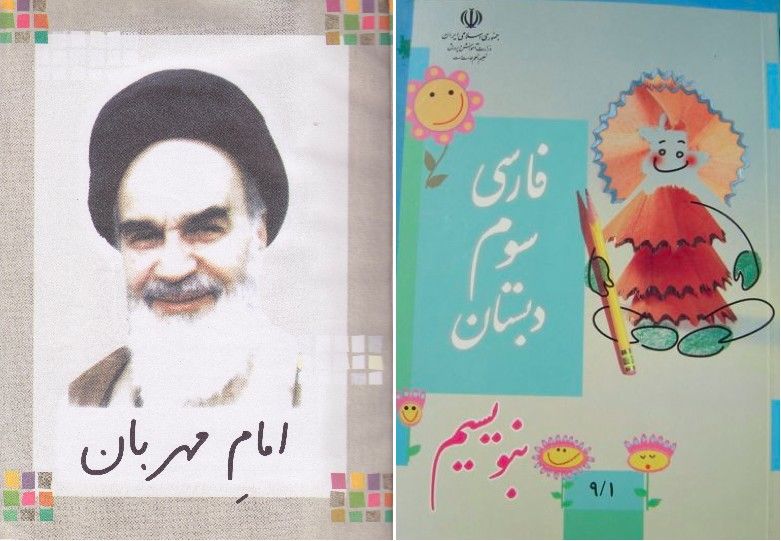
• • •
Missing some Tweet in this thread? You can try to
force a refresh






